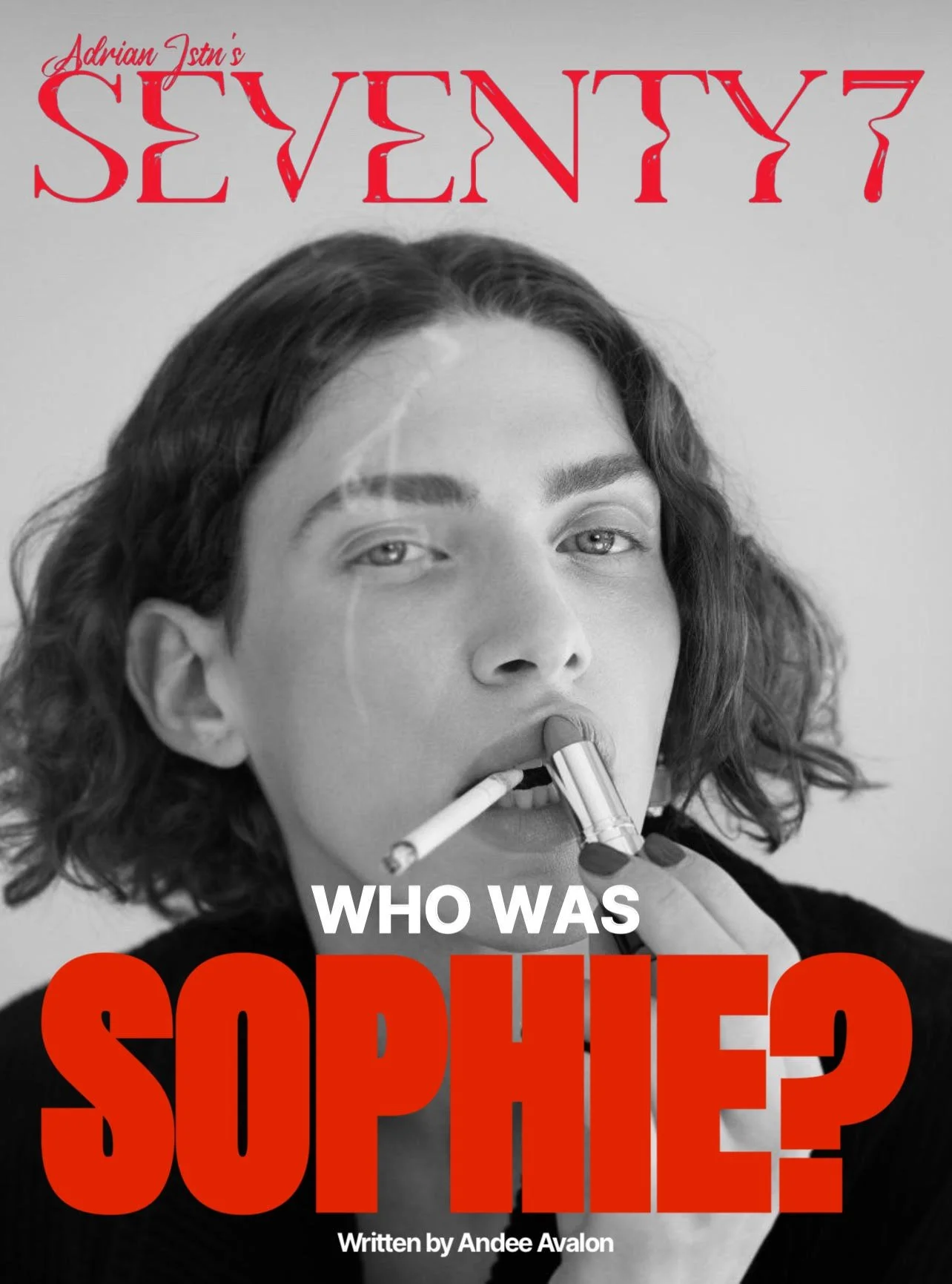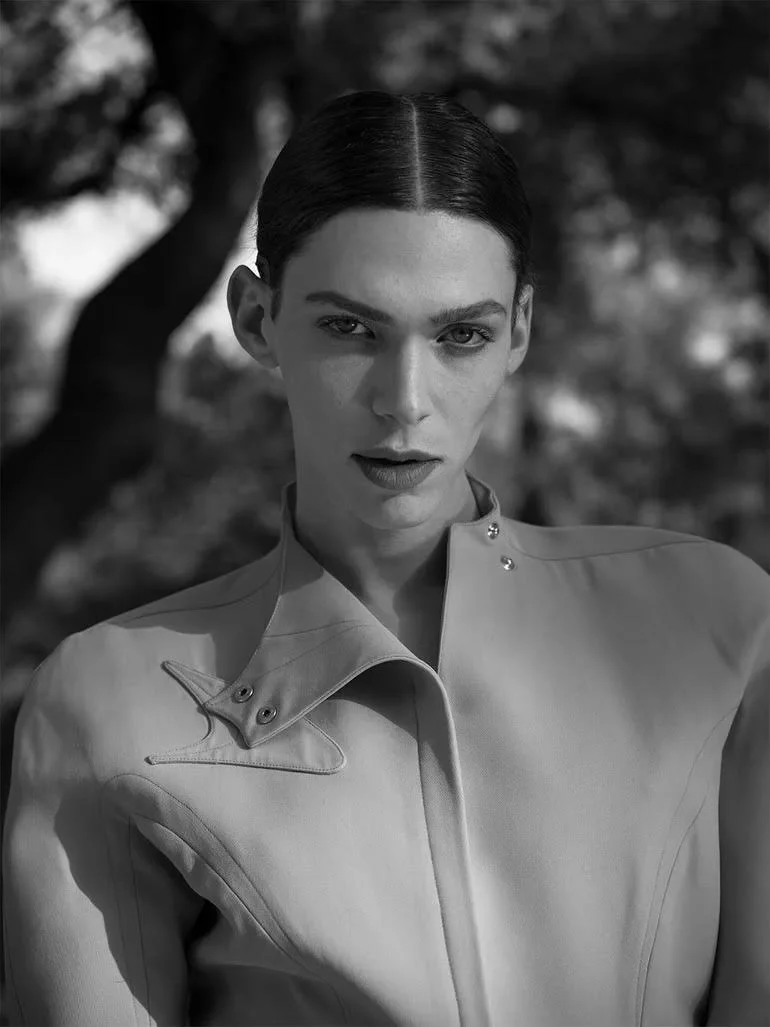Who was Sophie Xeon?
The pandemic was an "interesting" time for everyone, with the world on lockdown. Jobs changed how they operated, and people were left with nothing but time. Many things came from this: more entrepreneurs, picking up new hobbies, and getting into new music. During this time, I Found a new genre of music called hyperpop. Specifically artists like GFOTY, Dorian, Electra, and Charli XCX. The latter being the most listened to of the bunch. It had nothing to do with the lyrics but more about the track's production. The dissonance between the light, airy synths, and the rugged industrial bass was something I had never heard. Eventually, I discovered that the producer of these tracks I loved so much was made by Sophie Xeon; after learning this, I went down the rabbit hole.
Sophie Xeon, or just Sophie, was a DJ, experimental-pop artist/producer, and trans rights activist. The Glasgow-born Self-taught musician wasn't just another artist; Sophie was one of the pioneers of the sound. Working alongside the label PC Music, Sophie and A.G. Cook produced the song Hey QT for… QT. The artist, not the gas station. This song was able to take a lot of elements from mainstream pop and rearrange them into something more metallic. This is part of the appeal to hyperpop to me. "It contained a paradox where at once it wanted to embrace the medium of pop music, the way it looks, sounds, and feels, but at the same time subvert the underlying structures around pop music – to chip away at what is "passable" as pop music." Sophie describes PC music to Google Arts and Culture. Hey, QT would be the catalyst that got Sophie to help co-produce B*tch I'm Madonna and eventually lead to her meeting Charli XCX and co-producing her Vroom Vroom EP. One of the first solo tracks I heard from Sophie was Whole New World/Pretend World. Any lyrics that weren't in the title were hard to understand, but the sound design of the track was insane. The bass, squeaky and alien esc sounds in the background and the fact that the last 3 minutes of the song sound like you are being entirely transported to a different world? It was phenomenal. This was the closing song to her debut album, Oil of Every Pearl's Un-Insides; the Grammy-nominated body of work had 9 songs and didn't fail my expectations about the artists.
Having her own personal relationship with music. Sophie got into electronica at seven, escaping from a rather lonely life. Having essential songs connected to specific emotions, this connection with music eventually led to her realizing that she could best express herself through music more than words. Knowing she wanted to be a producer at 9, she asked to drop out to pursue music. Her parents didn't let her, but they did offer support. Sophie's dad even took her to raves at age 10 and played old mixes for her, saying, "This is going to be important for you." Her dad would also be the one to tell her that electronica was the future of music. Beyond the music, a crucial part of Sophie's Identity is her transness. In an interview with Paper magazine, Sophie states, "For me, transness is taking control to bring your body more in line with your soul and spirit so the two aren't fighting against each other and struggling to survive." Going on to say that being a trans individual is more about going through a personal journey of self-discovery and that there are no rules. We can choose what we think is best for ourselves, and nothing is stopping us from living our best lives. Taking this thought process to heart, at the beginning of her career, she was an anonymous artist, only making her first stage appearance after starting her transition, using a voice modulator to change her voice during a BBC radio interview, and even hiring a drag queen to act as her while she DJed behind a curtain. Songs like faceshopping encouraging body modification and plastic surgery, which should be seen as self-affirming care for all, Sophie tells us to take control of our bodily autonomy and not have any shame while doing it.
By the time I had become a bonified Sophie fan, news came out that she had tragically passed away after an incident in Athens. I was devastated. At 34, Sophie was on her way to helping lead the pop industry into a new era. An era full of elastic and rubbery sounds, trans-visibility, and Innovation. Sophie's sound was extreme; it explored sadness as much as it did joy and anger. She achieved mainstream fame working with people like Rhianna and Vince Staples; she was even set to work with Lady Gaga. Doing this while being unapologetically trans, people saw themselves in Sophie and found a voice through her music. She inspired not only her fans but the people with whom she collaborated. "She changed my life, you know, and she changed all our lives. Not just because of her music, which is so incredible, but because of the person she was, she championed us. I've never met anyone like her, and I don't think I ever will," said Charli XCX told an Apple Music interviewer. If electronica is the future of music, then Sophie gave us a glimpse into a beautiful new world. One with fewer rules and standards and more room for honest personal growth, something immaterial.




